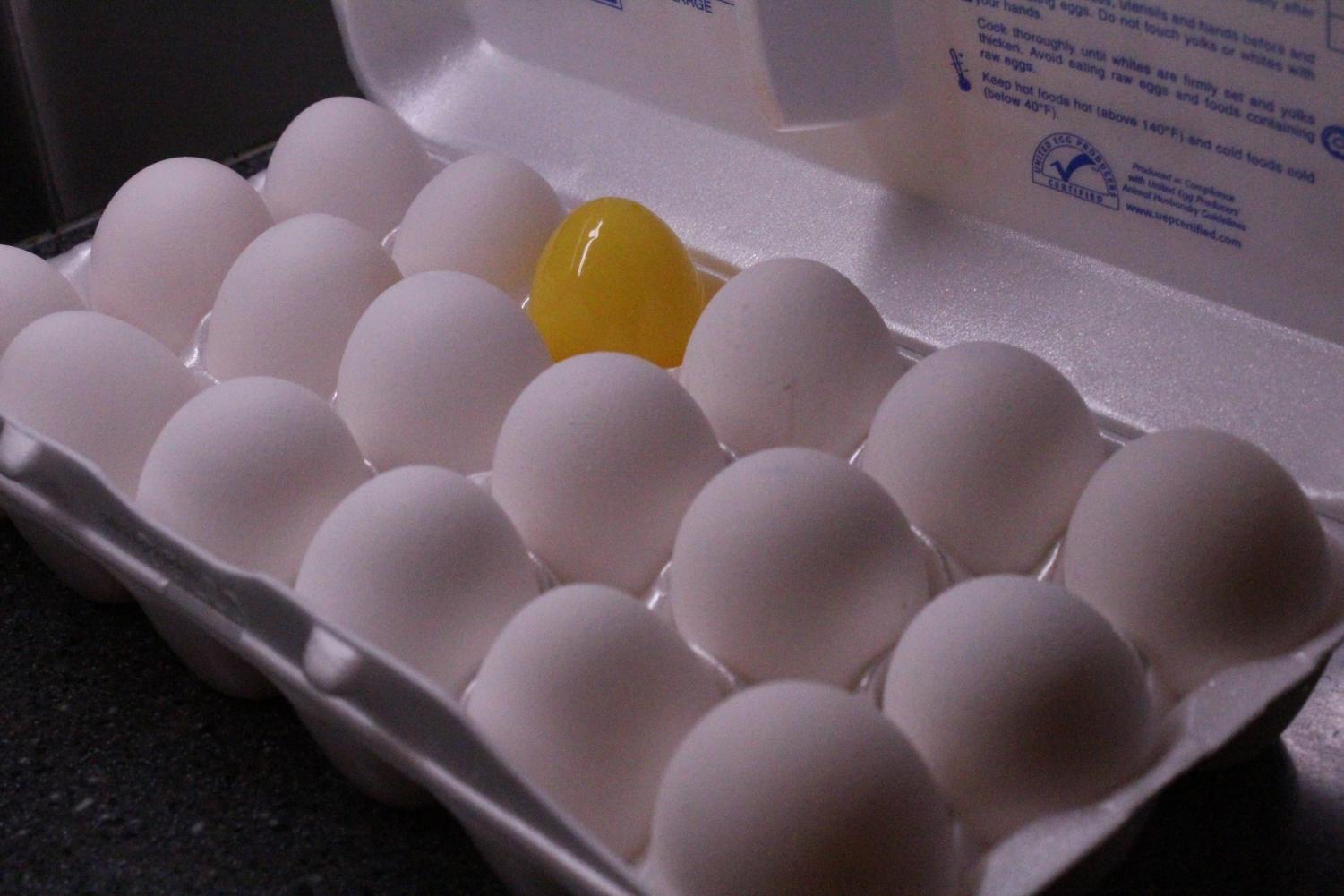Do you know what you are eating?
February 9, 2020
Food. A necessity for life; we become hungry and desperate for food. We become so desperate that anything grabs our attention, and flashy signs for unhealthy food don’t help. We’re unaware of the chemicals pumped into our bodies each day, as companies continue to brand items as ‘healthy’ and bring in millions. Around 45 million Americans diet each year, however about two thirds are overweight or obese, according to the Boston Medical Center. So, as the new year starts, let’s debunk some common food myths and educate ourselves on the ingredients in our foods as we strive to be a happier and healthier society.
Myth #1: Diet Drinks are Better for You
We all know that soda is packed with sugar. A typical 12 oz can has about 39 grams of sugar and 150 calories. The American Heart Association recommends that the daily sugar intake for males should be 150 calories, and 100 calories for women. Going over this restriction is practically inevitable, so scientists have created a less guilty alternative. Diet sodas, which are typically packaged with the classic 0 calories label, taste nearly identical to normal soft drinks. However, drinking your favorite drink without the calories isn’t completely negative free. Sugar substitutes, such as sucralose and aspartame are chemicals used to artificially sweeten. Harvard Health has reported that five artificial sweeteners have been approved by the FDA. Research on these sweeteners has suggested that they are just as addictive, if not more, than their normal sugar counterpart.
Myth #2: Salads are always Healthy
When eating out, choosing a salad obviously seems like the cleaner option. What we don’t realize is that the calories start to add up with all the toppings. Dressings are often filled with preservatives, sugars and bad fats. Also, restaurants tend to advertise courses as a ‘salad’ when the reality tends to be a carb-overload of tortilla strips, candied nuts or dried fruits. Excess sugar and salt can lead to obesity, which may lead to diabetes and increase your risk of heart disease. Another factor people don’t realize is the type of greens their salad is made of. While most leafy greens are very low in caloric value, nutritional value is where they differ. Iceberg lettuce is usually cheaper, therefore more available in stores and restaurants. However, iceberg lettuce is 96% water and has less vitamins and minerals than deeper greens such as romaine or kale. Of course, a salad is still healthier than a burger and fries. Registered Dietician Sonya Angelone told SELF Magazine, “If someone only likes iceberg lettuce, it’s better than not eating any lettuce at all.”
Myth #3: All Carbs are Bad
This one may remind you of Regina George’s quote in the classic movie “Mean Girls”, “Is butter a carb?” (for the record it’s not.) Many diet fads bash carbohydrate intake and suggest limiting or even eliminating them from your daily meals. WebMD separates ‘good and bad’ carbs depending on their amount of fiber. Fiber absorbs slowly into our systems, keeping us full longer. WebMD’s list of good carbs includes fruits and vegetables, whole grains (oats, quinoa, brown rice, etc.), and beans. Bad carbs have added or refined sugars which can allow you to put on more pounds. For healthier snack alternatives, look at the nutrition labels and try to avoid ingredients such as high fructose corn syrup.
In the end, you don’t have to avoid your favorite foods to be healthy. Jane Lake, a local dietitian with 25 years of experience, gave me her best advice on weight loss. “I always tell people who are trying to lose weight that they did not gain the weight in a week or a month so it is going to take some time to lose it. They need to be patient and not give up too quickly.” Everyone’s body is different and needs unique amounts of nutrients. Lake says, “When someone asks me what is the best diet for them, I say the best diet is the one that works for you.” If you are happy with your weight and are living a healthy life, then it’s ok to indulge every once in a while. However, the most important thing we must remember is, as Lake puts it, “There are no good and bad foods, everything in moderation!”
